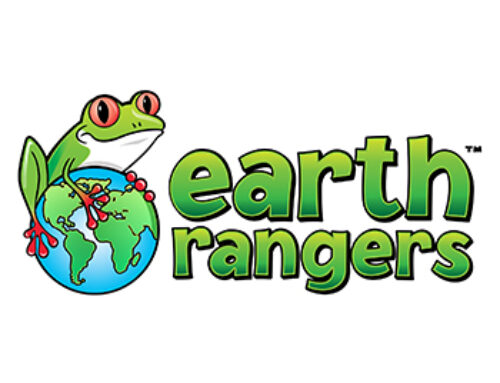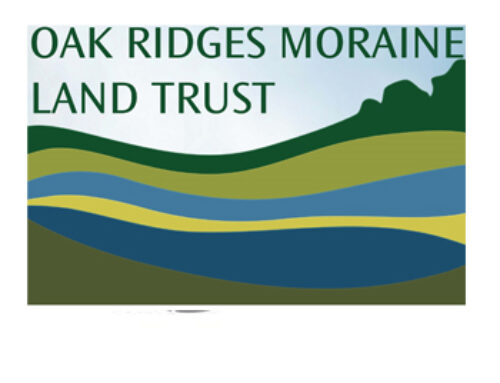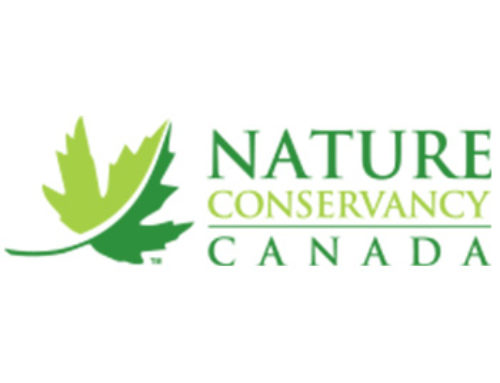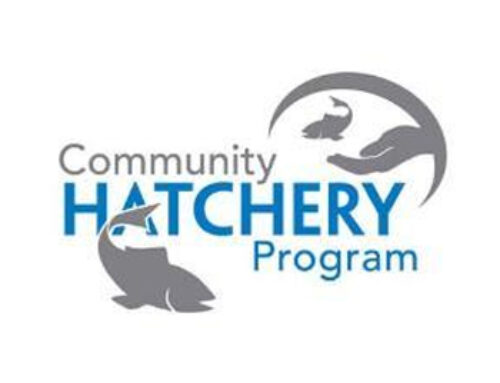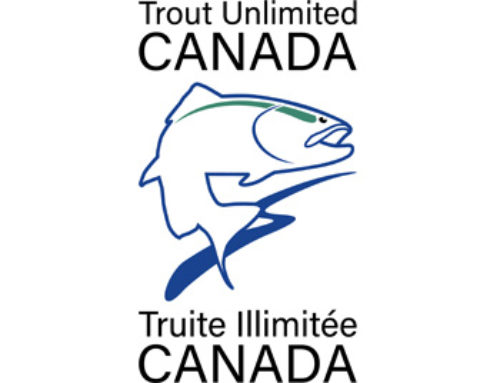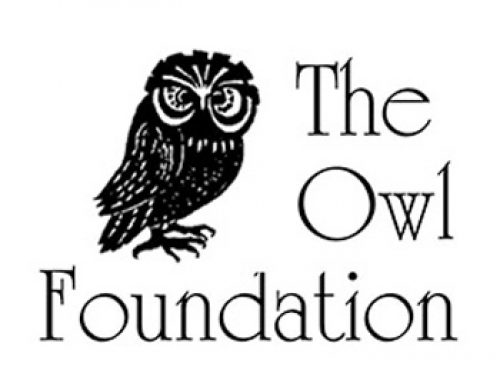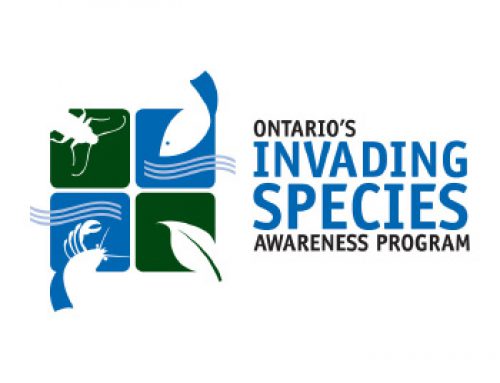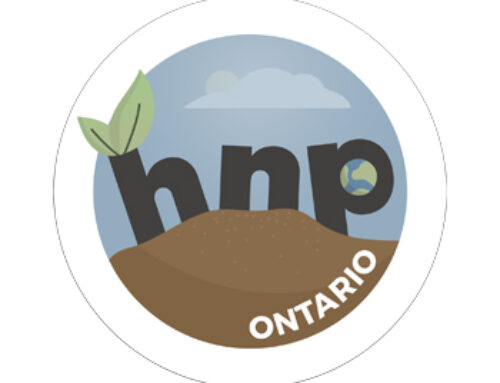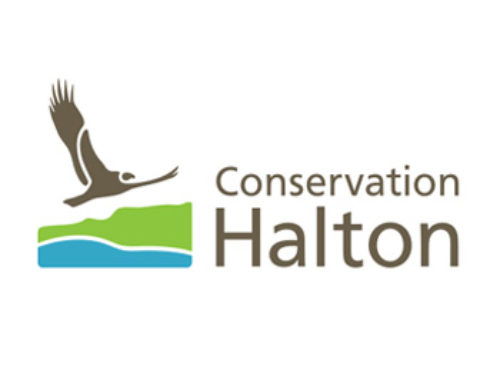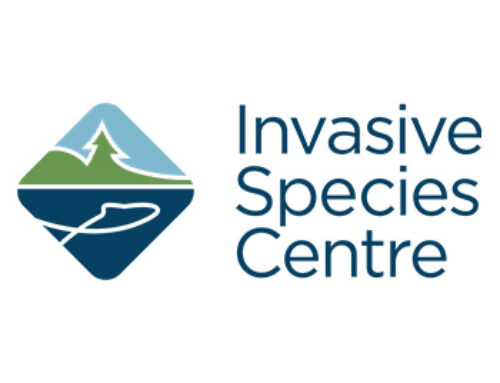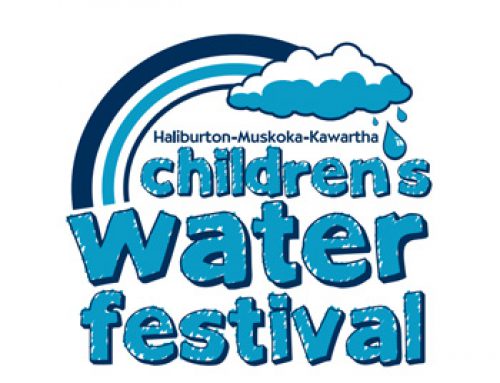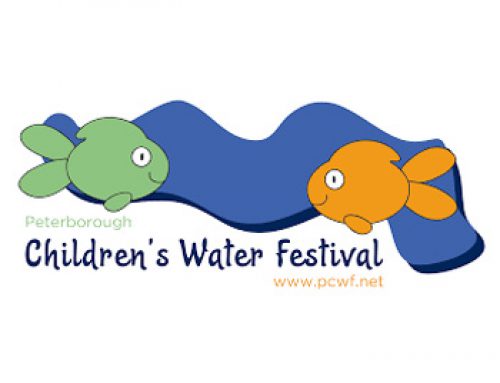2024
Protecting Biodiversity Through Community Engagement
Granted $10,000.00 for the Protecting Biodiversity Through Community Engagement with monitoring and land management.
Project Objectives:
The CC’s community science program is built around a model of “no experience necessary” in which staff recruit, train, and orient teams of two in the following activities: Bats, Grassland Birds, Monarchs, Frogs, General Land Steward for monitoring of species at risk and invasive species, Reptile, Salamander/Vernal Pool, and Water Quality monitoring.
Unique Plot-Based Research:
Our community science model emphasizes plot-based research, where teams of two are trained in one key activity and return to the same property year-after-year. Some activities such as reptile monitoring, however, lend themselves better to bioblitzes. The Couchiching Conservancy is the only organization in the region conducting plot-based research on water quality monitoring in our local streams. Many researchers reach out to us for our water monitoring data and also frogs, bats, and grassland birds, as it is often the only data of its kind in our region.
The data we collect is critical for making management decisions on our nature reserves. It acts as an early-warning system for changes in species and habitat health due to climate change and habitat loss. This rigorous, site-specific approach allows us to maintain a high standard of scientific accuracy and reliability in our data, which we share with partner organizations and academic researchers.
Building on our successful Community Science Program, we’ve identified critical projects requiring immediate attention and funding support:
- Water Quality & Benthic Workshops: Currently, we have 26 volunteers monitoring 10 stream sites in our region for 7 parameters as depth, temperature, alkalinity, and dissolved oxygen. It is time for us to conduct another benthic macroinvertebrate study at each of these sites. Funding is needed for consultant-led workshops, volunteer training, and additional Water Quality Test Kits.
- Bat Monitoring Program: Our Bat Monitoring Program, active for five years, involves 27 volunteers monitoring 15 Nature Reserves. This initiative addresses critical data deficiencies in bat populations, which are increasingly at risk. COSEWIC has classified four out of eight bat species in our region as endangered, with three more under review. The current government mapping of bat species contains significant data gaps. To accurately verify the presence of bat species in our region, we utilize Sonobat software and wildlife acoustics. However, we require this software for more precise monitoring. Currently, we are using an iPad/iPhone and Echo Meter Touch 2 Pro to record bat calls for later identification.
- Frog Monitoring Program: Our frog monitoring program, launched in 2018 now has 36 volunteers monitoring 19 Nature Reserves. Some locations are too remote to send in volunteer teams in the evening, funding is needed for acoustic monitoring devices and Raven Pro 1.6 software to enhance data accuracy.



